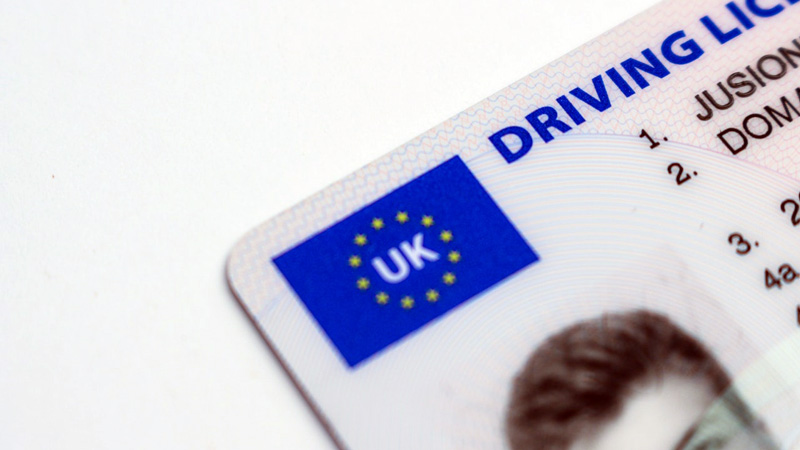As global trade continues to rise and more businesses come under the net, more high-profile transactions are being carried out than ever before. Consider the digital landscape and we see no difference in that either.
Where the internet has become a global platform to host a plethora of services. This includes digital trading of goods, financial services like account opening and management, and hi-stake currency transactions etc.
Every possible aspect of modern-day society utilizes IT services and involves dealing with customers. There is a requirement to vet the identities of these individuals to confirm their authenticity and mitigate the risk in the process.
This is more important in the case of non-face-to-face verification in digital businesses, where risk factors are some of the highest.
In order to address this issue adequately, identity verification plays a crucial role, ensuring identity proofing and fulfilling compliance obligations.
Types of Identity Verification

Identity verification varies from jurisdiction to jurisdiction and from one industry to another. Banking industry requires that the identity provided by an incoming user is not only authentic but is free of any financial risk as well.
E-commerce businesses are only interested in ensuring that the payment made for the purchased item is from an authentic payment gateway or valid credit card.
Logistics companies are concerned with the verified address of a user and an authentic identity document to verify the identity of the receiver of the item.
So you can imagine that each use case of this technology is directly concerned with the requirement of the industry, as compared to the services that certain KYC provider has to offer.
But the aspect of data handling and data security makes identity verification a concern for the public and regulators at the same time.
It is interesting to note here that most of the times, identity verification services are utilized to keep away scammers and fraudsters that might have stolen the personal information during data breaches.
So it means that KYC compliance has to address data security so that the KYC service providers are not entirely lukewarm in their response to protect vital personal information.
This is the reason why most of the KYC service providers are turning towards compliance regulations and aligning their verification processes to better secure their verification data and embrace the concept of “User as Owner”.
Regulations such as GDPR provides stringent guidelines about personal data collection, usage of that data and access rights of the user to that data.
So businesses that are interested in availing identity verification services must ensure that they partner with a service provider that enables them with KYC compliance, otherwise sooner or later, the business will find itself in hot water over non-compliance with set guidelines, even if it was the third-party service provider who was responsible for complying with data processing protocols.
Concern originating from Identity Information

If your company or business deals in sensitive information, Identity Verification might help you guarantee compliance with KYC, quite easily. The reason why identity verification holds so much importance is because it is the only sure way to vet an individual of their identity particulars.
Whether digital or in-person, identity verification is the process of determining an individual claiming to be who they say they are. Identity Verification is the process, whereas in compliance terminology, KYC or Know Your customer is the term referred to the same requirement.
Where Identity verification is the subset of KYC, which includes additional levels of assurances in the form of diligence practices categorized by risk profiles. Identity verification also ensures protection from fraud to most extent, if not entirely. This includes the likes of identity theft, financial and document fraud.
Most KYC service providers check the authenticity of the provided information with the help of identity documents submitted by end-users. Some are limited in their approach as they can only verify user identity through identity cards while others are limited to a small number of countries only.
Some industry leaders, such as Shufti Pro, provides KYC services in over 230+ countries of the world and can verify identity with the help of not only ID cards, but passports and driving licenses as well.
They also ensure that they comply with individual KYC compliance guidelines to secure the business interest of their customers and provide regulatory-approved services to their worldwide clientele.
Simplifying KYC Compliance with Identity Verification
As stated above, Identity Verification comes within the greater KYC process. Identity Verification can be broken down further into Document and Face verification separately. Each specific service allows for a different sub-component of the KYC process to be fulfilled.
For example, Face Verification is responsible for comparing an individual’s live face with the picture present on an identification document.
Likewise, the KYC information entered by an individual earlier or from a database is compared to the information identifiers found on an identification document. Both of these sub-services combine to form a single identity verification solution.
Additionally, one other service can be added to amplify the identity verification process. This is address verification, where an individual’s address will be checked against a recent bank statement or utility bill.
Some KYC service provide additional document support by allowing end-users to display their identity documents for address verification such as ID Card, Passports and Driving Licenses as well. The said documents highlight the name and address of the individual and by itself hold probative value.
Address verification is applicable to jurisdictional requirements out of choice willingly, or the perceived threat risk associated with an individual.
Keeping in mind the current regulatory ecosystem, Identity Verification might help you guarantee compliance with KYC in the best possible manner.
As the implementation of this is the core requirement of any KYC program, especially needed in the case of natural persons where applicable.
Identity Verification should be sought from external service providers without delay. As today’s procrastination may lead to harmful repercussions tomorrow.
Moreover, the technical prowess of a superior KYC service provider can never be an alternative to lack of compliance related best practices.
This article is a guest post from Amelia Matters


